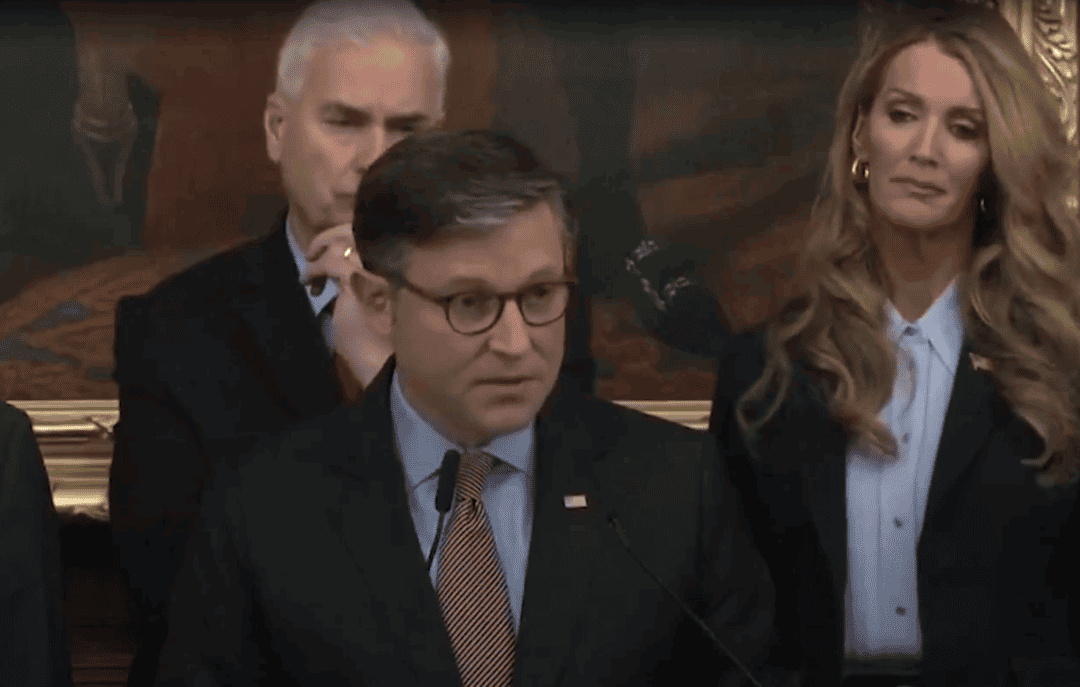Republican leaders are insisting their hands are tied as millions of Americans brace to lose food assistance during the ongoing government shutdown. According to multiple legal experts and even documents from Trump’s own USDA, that claim doesn’t hold up. But GOP officials continue to say there is simply “no way” to help.
Trump Proposes Redirecting Billions in Health Funds Directly to Americans
Over the past week, House Speaker Mike Johnson said there was “no legal mechanism” to extend SNAP benefits. Rep. John Rose repeated the claim on CNN, telling viewers the administration “made the assessment” that contingency funds couldn’t be used.
Both statements have now been contradicted by previous federal guidance and the simple reality that the Trump administration did use those funds during the last shutdown.
So why say they can’t now?
Psychologists say this is a textbook example of something called “violent innocence.”
The term, coined by psychoanalyst Christopher Bollas, describes a mindset where a person or institution actively causes harm, but insists they are blameless. It’s a kind of moral sleight-of-hand: harm happens, consequences are real, but the person in power hides behind process, confusion, or feigned helplessness.
/ Trump Doesn’t Need You to Believe Him – Just to Stop Believing Anything
“Violent innocence is when someone maintains a level of unawareness to preserve their belief that they aren’t causing harm,” therapist Alexandra Cromer told HuffPost. The defense works because it sounds reasonable. “We didn’t have a choice.” “The rules prevented us.” “If we could help, we would.”
Meanwhile, families are deciding which meals to skip.
This performance of helplessness is particularly dangerous in politics. A government that has the authority and the legal tools to keep people fed can simply pretend it does not. Then the suffering appears tragic but unavoidable, instead of the direct result of choices.
“By saying ‘our hands are tied,’ leaders disown their agency,” Cromer said. “It makes the harm look inevitable when there are real options on the table.”
The Trump administration’s refusal to release contingency funds didn’t have to happen. The starvation-level panic now hitting low-income families is not an accident. It is a political choice wrapped in the language of innocence.
And once leaders convince themselves they are clean, the public is expected to accept the suffering as the natural order of things.
Breaking the pattern, Cromer says, requires one step first: the willingness to hear the truth about the harm you’re causing.
But that would mean acknowledging responsibility. And responsibility is the one thing this administration keeps insisting it doesn’t have.
